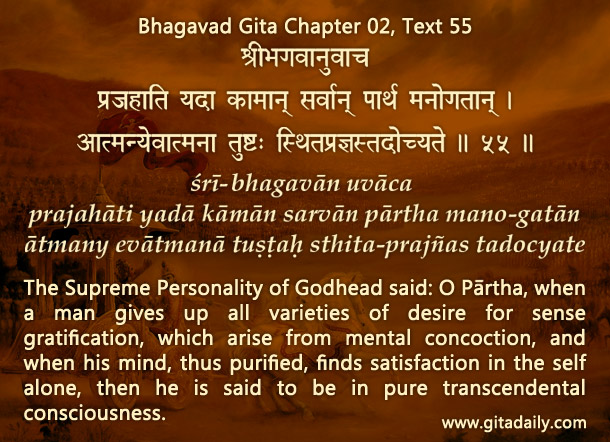Suppose an image looks attractive when seen straight, but looks breathtaking when seen from an angle. To best relish that image, we need to consciously strive to look at it laterally.
We need a similar approach when pursuing happiness. Many worldly things look enjoyable. But when we stare straight at those things, that is, when we pursue them as our life’s purpose, they often turn out to be anti-climactic. For example, we may enjoy comedy shows, but if we start watching such shows constantly for the rest of our life, we will soon be bored to death.
How, then, can we find happiness? By pursuing not what is merely enjoyable, but what is valuable. If we focus on something deeply meaningful, happiness gradually appears in the corner of our eye as a byproduct.
Consider someone who likes writing. The writers who find writing most fulfilling aren’t those who write only when it is enjoyable. They write to express themselves, to convey something that matters to them and potentially to their readers. When they try to express themselves, sometimes the right words elude them, leaving them annoyed, frustrated, dejected. Still, they persevere. Once they connect with their core and articulate a meaningful message, a sublime satisfaction blossoms in their consciousness.
Happiness is best savored as a byproduct of meaningful engagement, not as the product of pleasure-seeking engagement. This universal principle applies even to spiritual happiness. The Bhagavad-gita (02.55) urges us to turn away from external things that promise pleasure, that is, to not stare at happiness straight; instead, it urges us to focus on turning our consciousness inward and understanding who we actually are. When we appreciate our identity as beloved parts of the all-attractive Whole, Krishna, and connect devotionally with him, we relish life’s supreme joy.
Think it over:
- What happens when happiness is stared at straight?
- How does happiness appear in the corner of our eye?
- How can we savor spiritual happiness?
***
02.55 When a man gives up all varieties of desire for sense gratification, which arise from mental concoction, and when his mind, thus purified, finds satisfaction in the self alone, then he is said to be in pure transcendental consciousness.
To know more about this verse, please click on the image
Explanation of article:
Podcast:


Leave A Comment